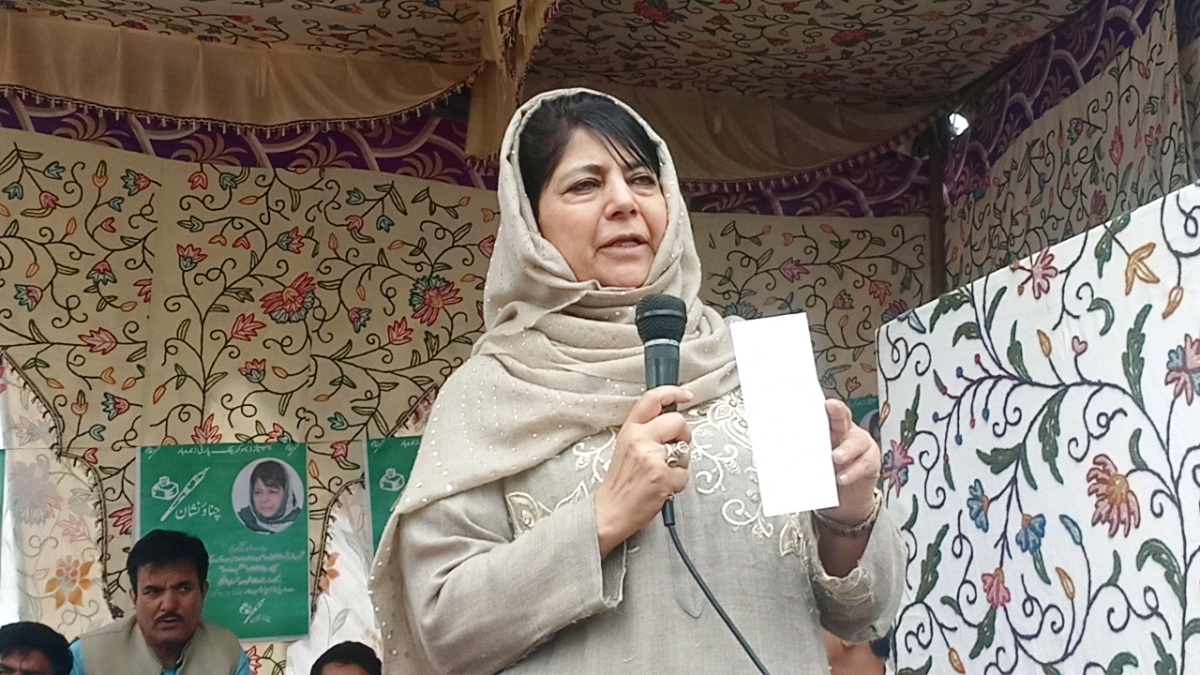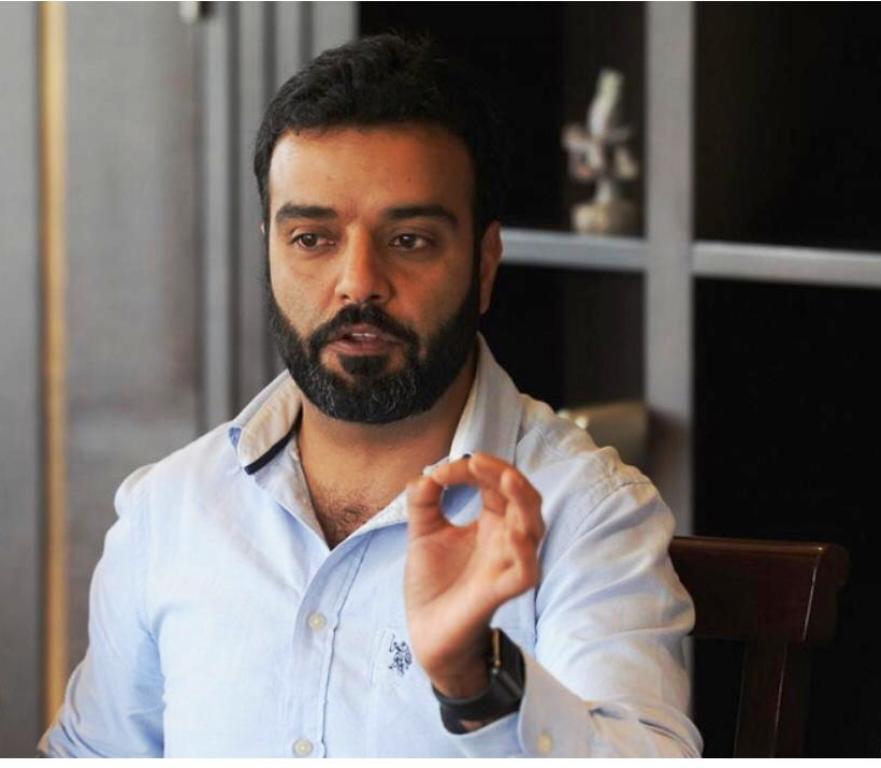 KL NEWS NETWORK
KL NEWS NETWORK
SRINAGAR
Pakistan converting its motorway into runway for its PAF, Islamabad’s top diplomat in Delhi, High Commissioner Abdul Basit has ruled out the two neighbours will go to war. He told the Kolkotta newspaper Telegraph that wars adds to problems. Even Pakistan’s main news agency APP picked the same copy to feed its media in Pakistan.
“I strongly believe Pakistan and India do not gain anything from creating hype. War is not a solution, war creates more problems,” Basir was quoted saying. “We can perhaps afford not to talk to each other for some time, but addressing our many bilateral, regional and global challenges can only happen through dialogue.”
The diplomat however admitted: “We are in a tough place, but we are not thinking in war terms.”
Basit talked against drawing “premature conclusions” in wake of “ongoing investigation” to determine what really happened in Uri. “We should not allow war hysteria to dominate our narrative,” he said.
Claiming that Pakistan had extended all-out cooperation after the Pathankot incident and things were moving in the right direction. Both the countries could prevent the situation from worsening, if that spirit was maintained.
“One thing is for sure, and I want to tell your readers this: Pakistan has nothing to do with the Uri attack,” Basit told the newspaper. “We are committed to not allowing our territory to be used for violence anywhere in the world. This is what I iterated to your foreign secretary when I was called in the other day.”
Asked about the speeches by Hafiz Sayeed and Sayed Salahuddin, Pakistani diplomat has said that similar voices exist in India too. “Our policy is not driven by their fiery speeches and neither is yours, I would like to believe,” he said.
“I am a diplomat and I would like diplomacy to win. I, for once, would not like to believe that bilateral diplomacy has exhausted itself,” the diplomat told the newspaper.
Basit recalled Prime Minister Nawaz Sharif’s remarks at UN General Assembly that Pakistan desired to have a normal, cooperative relationship with India and resolve all problems peacefully. He said Pakistan believed that issues should be resolved only through peaceful means and there is no other way.
Pakistan and India, according to High Commissioner, were on right track till July 8, when Burhan Wani was killed in an encounter. After that, he said, “we lost momentum”.
“Be it UN Security Council Resolutions or even the Simla Accord, both countries agreed on resolving this (Kashmir) problem through dialogue”, Basit was quoted saying. “It is important to understand what keeps bedeviling our relationship and what keeps bringing mistrust between us.” He said Pakistan feels it was imperative not to shy away from addressing the Kashmir.
“Pakistan is not asking for something that is unrealistic or unfair. Kashmir is the central problem between us. I am not saying other issues are not important, they are, but Kashmir we have to settle,” Basit told Sankarsen Thakur, a senior journalist and an old Kashmir expert. “Once we get into a blind alley, it will be very tough getting out.”
“We have no desire to be irredentist (or, advocating claims over territory) in our approach. What we are saying is that the people of Jammu and Kashmir should be given a fair chance to determine their future. If they believe they are happier with India and they belong there, so be it, Pakistan would not have a problem. But to determine their future is their right…. Kashmir is not about territory, it is not a territorial dispute, 12 million people are involved,” the diplomat said.
He said terrorism was an important challenge for both countries that could be met more effectively if they cooperate rather than blame each other all the time.
Basit said diplomacy could not be conducted through verbosity but on the basis of sovereign equality and mutual respect and understanding. He said Islamabad has the capacity to defend itself but is unwilling to believe that “things will escalate to that impasse.”
“The idea of having diplomatic engagement is to not allow those forces which want the two of us to resolve problems and usher in a new era of cooperation,” Basit said. “We have to transcend this process of one step forward, two steps back. But it requires two to tango.”















